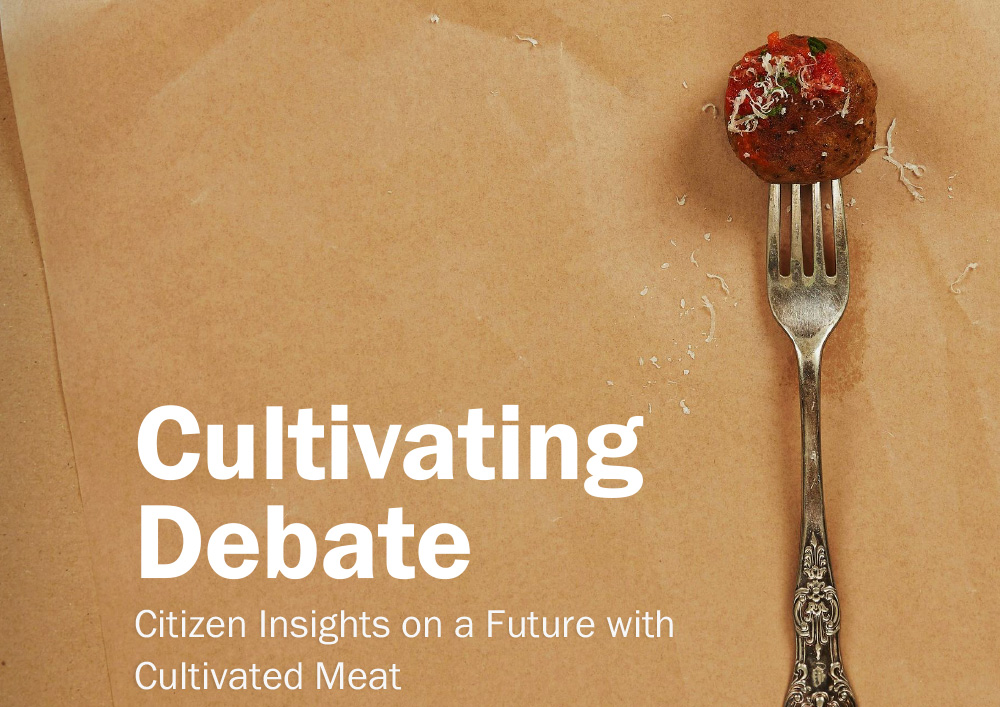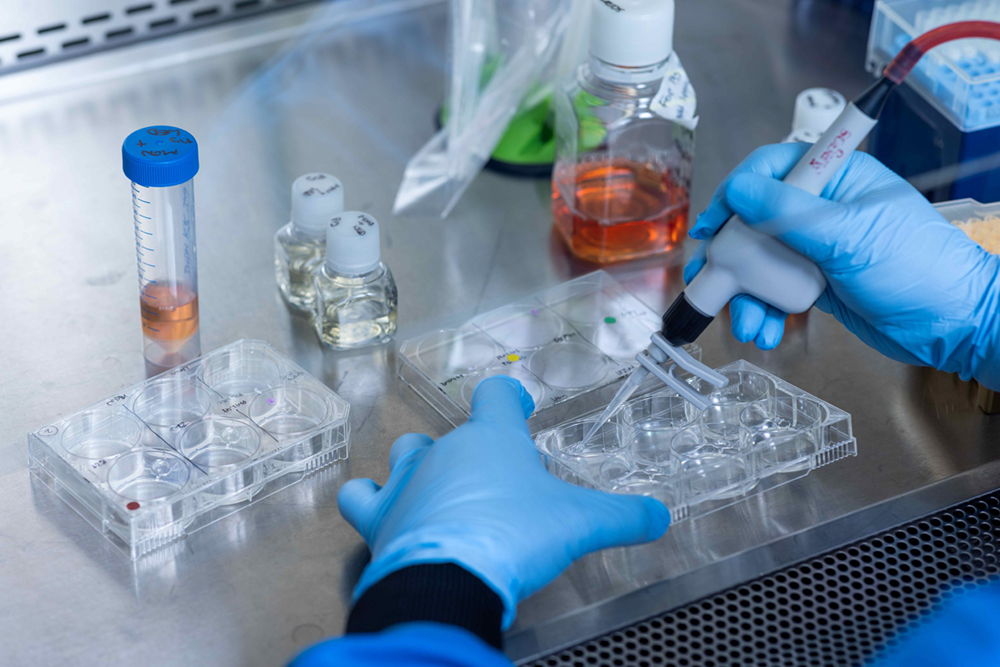

UK minister sets out vision for ‘Good Food Cycle’ as UK food strategy calls out alt proteins, agri-tech and health
The UK government has laid out a sweeping new food strategy for England, calling for coordinated, long-term reform to deliver a healthier, more affordable, sustainable and resilient food system. The wide-ranging document, released 15 July, positions alternative proteins and agri-tech innovation as critical opportunities to close productivity gaps and drive sector growth over the next decade.
The food and drink sector is the UK’s largest manufacturing industry, contributing £153 billion (US$198 billion) in gross value added in 2023 and employing 4.2 million people. But according to the 2024 Newton Future Factory Report, there remains a £14 billion (US$18 billion) productivity gap in food and drink manufacturing – a shortfall the government believes can be tackled through increased digitalization, innovation and the scaling of emerging technologies.
“Our strong research and development and advanced manufacturing base mean the UK is well placed to develop new products and markets, including for healthier products and in alternative proteins and precision breeding,” the report states. It identifies agri-tech as a 'Frontier Industry' in the Industrial Strategy, and highlights a significant pipeline of UK agri-tech businesses – particularly in precision agri-innovation – that could boost productivity and growth as the sector matures over the next five to 10 years.
Food Security Minister Daniel Zeichner, in his foreword to the strategy, frames the government’s vision as a patriotic campaign to build a better food system for everyone in society.
“Investing in British food is investing in Britain,” Zeichner wrote. “We have a rich food culture, a dynamic and innovative industry, and a global reputation for quality and integrity. With the right leadership, we can become a world leader in sustainable, healthy food production.”
The strategy outlines 10 priority outcomes spanning public health, economic growth, resilience, and environmental sustainability. Among them: improving access to healthy, affordable food; supporting domestic food production with high welfare and sustainability standards; and enabling a thriving food sector that attracts talent and drives regional growth.
Central to the strategy is the concept of a “good food cycle,” in which government policy, private sector innovation and public engagement combine to create a virtuous loop. In this model, policy stability encourages investment in healthier and more sustainable food options, which in turn boosts consumer access and demand, strengthens public health, supports biodiversity and food security, and grows the economy.
But achieving this vision will not be easy. The government’s own analysis identifies three systemic issues that currently undermine the food system: the “junk food cycle,” where commercial incentives reinforce unhealthy diets; the “invisibility of nature,” where environmental costs are not reflected in food prices; and a “resilience gap” that leaves the food system vulnerable to shocks like climate change and geopolitical disruption.
Zeichner acknowledged the scale of the challenge. “Rising obesity, food insecurity, and environmental degradation are not inevitable – they are the result of political choices. This government chooses to act,” he wrote.
Diet-related ill health is costing the UK dearly. Obesity-related conditions cost the National Health Service over £11.4 billion (US$14.7 billion) annually, with wider societal costs estimated at £74.3 billion (US$96 billion). Nearly two-thirds of adults in England are overweight or obese, and poor diet remains one of the top drivers of death and disability.
Alternative proteins are seen as one potential lever to shift diets toward healthier and more sustainable options. The strategy stops short of outlining specific targets or funding commitments for the sector, but its inclusion in a list of high-potential growth areas – alongside precision breeding and agri-tech – is a notable endorsement. The document emphasizes the need for “proportionate and predictable regulation” to support innovation and industry confidence, including in areas like exports.
More broadly, the government pledges to support innovation through research and development, while working to cut red tape and administrative costs for food businesses by 25% before the end of the current parliament.
While food policy is devolved across the UK, the strategy for England was developed in alignment with frameworks in Scotland, Wales and Northern Ireland. It draws on insights from more than 400 stakeholders across the food system, including producers, academics, businesses, citizen groups and civil society.
The next phase of implementation will involve developing specific indicators and metrics to measure progress against the strategy’s outcomes. Stakeholder engagement will continue through the Citizen Advisory Council and the Food Strategy Advisory Board, and delivery will evolve as the food system itself develops.
Throughout the strategy, government emphasizes the importance of centering people and place – recognizing that food systems are ultimately local, shaped by communities, cultural identities and the individuals who grow, make and eat food.
“This is the start of a proudly patriotic campaign,” Zeichner wrote. “We want everyone to enjoy healthy, delicious British food. We want to support our food workers, grow the economy, and build a fairer future.”
If you have any questions or would like to get in touch with us, please email info@futureofproteinproduction.com

.png)






